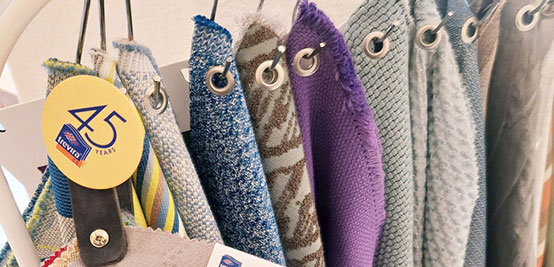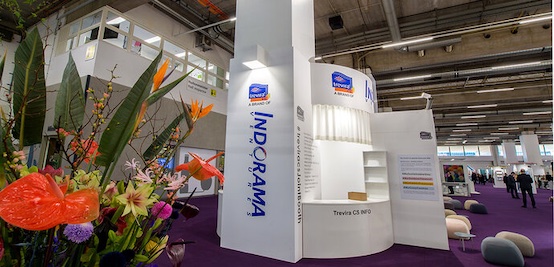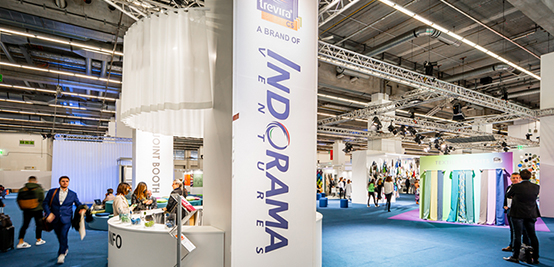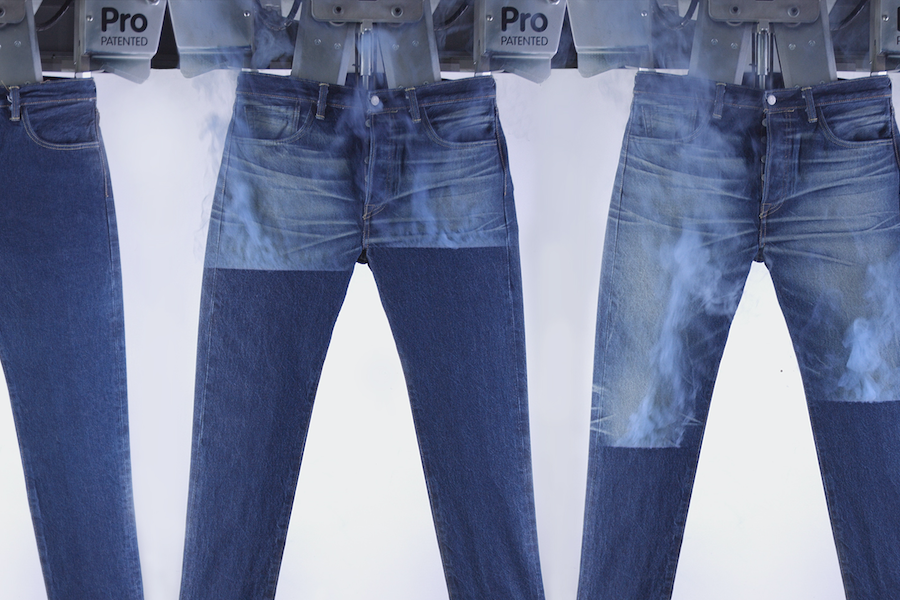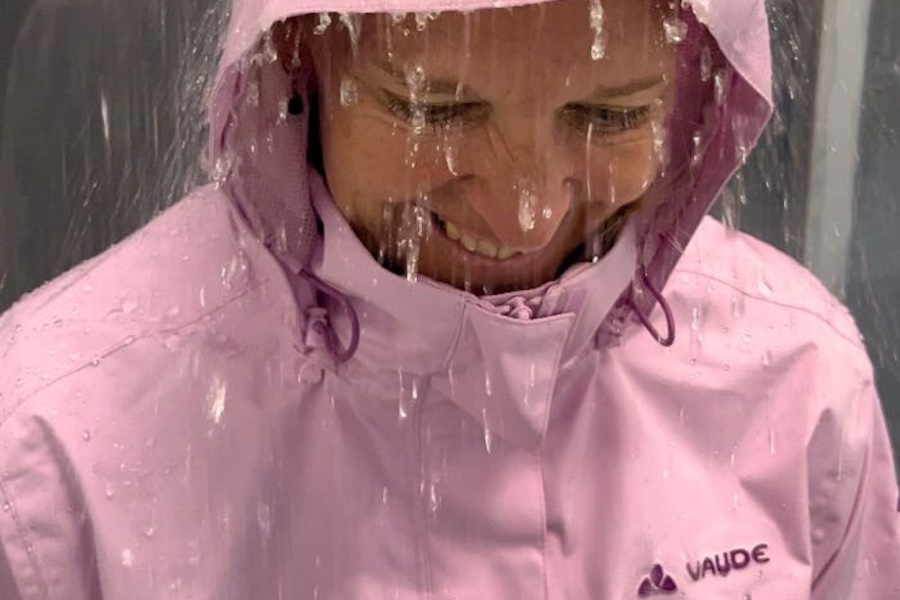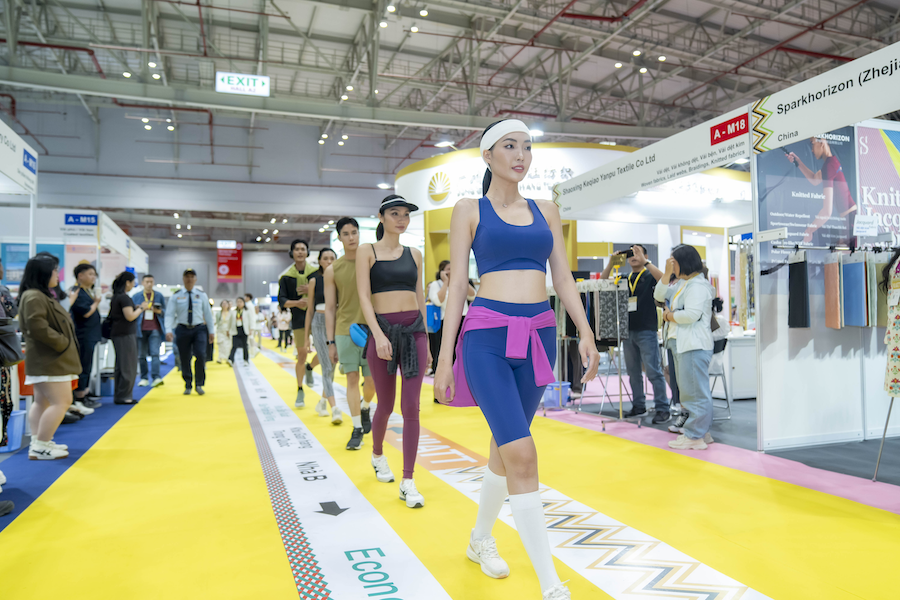#Sustainability
Title: EU gets tough on fast fashion - new laws 30 March Subtitle: Charge brands to boost sustainable clothing - report
To deal with that, the EU should charge textile and fashion retailers a fee on every item they sell to deal with waste, according to a report published today by Eunomia, advisors to the Commission. This could lead to a major rethink in how clothes are designed, for better durability, repair and recycling. Fees should be accompanied with specific targets to boost reuse and recycling, according to Eunomia.
The fee, known as extended producer responsibility (EPR), will be an important part of the Commission proposals, according to environmental groups.
Changing Markets campaigns director Nusa Urbancic said: “The polluter should pay. That is an important part of European law, but one fashion brands have escaped. They don’t pay for the mountains of clothing that are burned or buried or dumped in developing countries, so the rest of us have to. If set high enough, a disposal charge on brands would reverse this sorry situation and force the fashion world into an entirely new look, one that super-charges the production of sustainable, high quality clothing.”
European Environmental Bureau textiles policy officer, Emily Macintosh, said: “Setting fees on fashion brands must drive real industry change. If set too low they won't make a dent in the fast fashion business model. To get tough on those responsible for the world's shameful levels of textile waste we must set fees that truly cover the cost textile production has on our world. Let's make it costly to put the dirtiest fashion on the market in the first place.”
Zero Waste Europe Consumption & Production Campaign, Larissa Copello, said: "The polluter pays principle, under which EPR is based, is one of the main tools to drive sustainability of products and it is already applied to many products in Europe. Targeting producers' pockets is the only way to fully ensure they design their products with responsibility and circularity in mind - and textiles are not an exception. The massive and worrying overproduction and consumption of textiles are largely caused by the lack of liability of fast fashion companies. The EU should be as ambitious as the impact of this pollution and set strong EPR fees in its upcoming Textiles Strategy."
Between 2000 and 2014, clothing production doubled, with the average consumer buying 60% more clothing compared to 15 years ago, Changing Markets says. Items can sell for as little as £0.05 (€0.06). Shoppers keep clothes half as long as they did in the year 2000, and throw out low-priced garments after just seven or eight wears. The average European creates 11 kilos of textile waste a year, but less than 1% of clothes are recycled into new clothes. The rest end up burned or buried at a global rate of one rubbish truck per second.
The European Commission is scheduled to launch an EU Strategy on Sustainable Textiles, among other environmental measures, on 30 March.
The strategy is a political commitment to tackle the issue and will be followed by a suite of concrete legal proposals and other initiatives in the coming years, that could cover product design rules, labeling, banning the destruction of goods, and tighter rules on supply chain responsibility.
Growing trends, such as clothing swaps and use of smartphone apps like Vinted, could get a major boost from the new laws, the groups say.
Eunomia advised the Commission on extended producer responsibility schemes in 2020. Its new report argues that a wide range of products should be covered by the disposal fee, including clothing, household and professional synthetics, leather and other skins, footwear and household items such as bed sheets, covers, towels. Second hand goods should be exempted from the charge to encourage reuse.
Charging schemes are common in other sectors such as packaging and electronics, but Europe has only one for textiles, in France, while Swedish and Dutch schemes are being developed. A balance should be struck between harmonising the EPR across Europe, so that rules and reporting requirements are easier for producers, and allowing some divergence to reflect differing national costs and textile collection patterns.
The fee should be complemented by other measures, Eunomia says, notably banning hazardous chemicals, creating minimum standards for durability, disassembly and repair standards.



